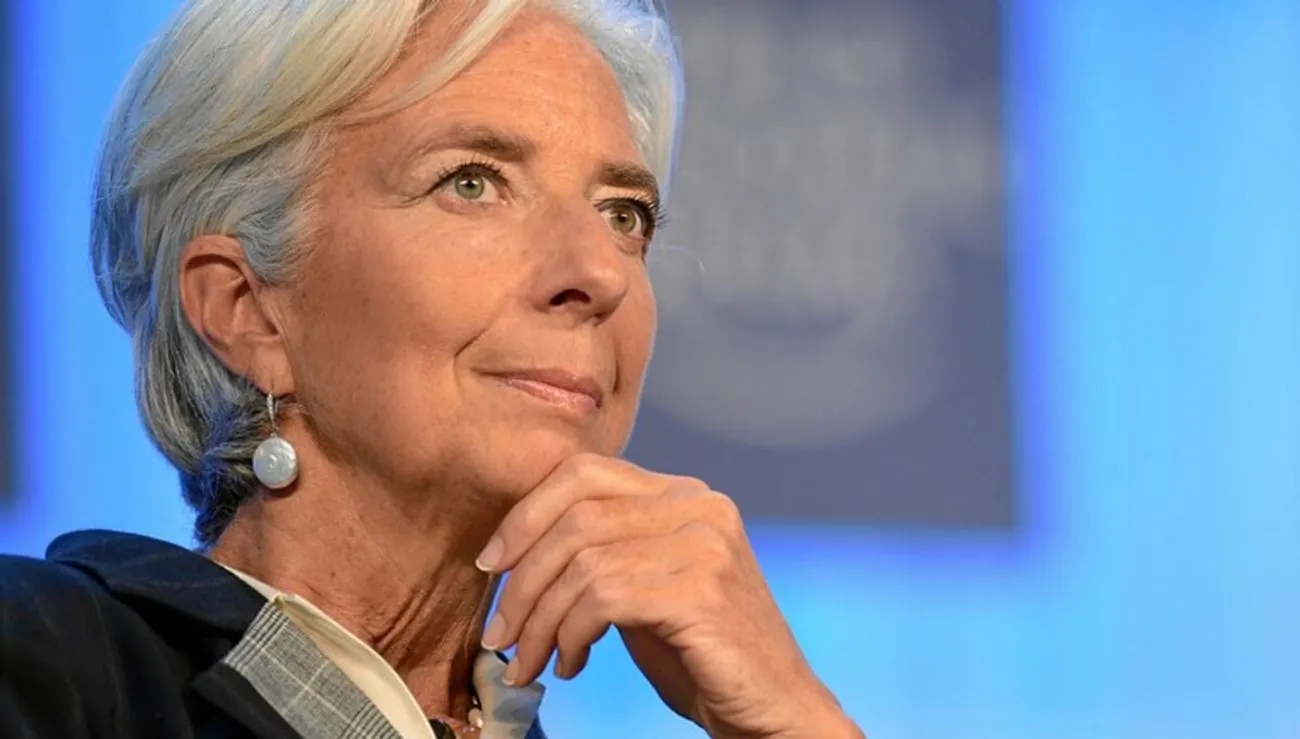“Lagarde named conditions for avoiding financial risks of European integrationChristine Lagarde stated that financial integration does not necessarily lead to crises if countries have consistent policies. Key
factors are directing capital to the real sector and the stability of the banking system.”, — write: unn.ua
Details
From December 2008 to May 2013, external banking liabilities in non-Eurozone Central and Eastern European countries decreased by an average of 27%. In some countries, the decline was over 50%. Is this inevitable? No. Risks associated with financial integration can be avoided.
In her opinion, countries that showed better results had common features. Firstly, it is a “clear policy of directing foreign investment” not into consumption or construction, but into productive sectors.
Strong industrial strategies, a skilled workforce, and integration into global supply chains helped direct capital into manufacturing and services.
Secondly, these states maintained the stability of their financial systems.
Strict capital requirements, active macroprudential measures, and counter-cyclical buffers strengthened domestic banking sectors and curbed excessive mortgage lending. These tools allowed them to absorb significant capital inflows without creating destabilizing imbalances — Lagarde emphasized.
She added that these findings are particularly important for Ukraine at the current moment when the country is starting its recovery.
If reconstruction proceeds as planned, the country will be able to attract significant amounts of capital over the next decade. But without proper safeguards and guarantees, this capital can be unproductive, misallocated, and undermine long-term productivity instead of strengthening it.
Despite the challenges, the head of the ECB expressed cautious optimism: “I am very encouraged by the promising signs that we have learned lessons from what happened in the last decade. Even the Association Agreement between Ukraine and the EU and the Deep and Comprehensive Free Trade Area are already contributing to reforms in the financial sector.”
According to her, banking regulation in Ukraine currently “meets EU standards by 74%” – particularly in areas of capital adequacy, corporate governance, and auditing.
The National Bank of Ukraine has introduced a risk-based supervision model analogous to the ECB’s single supervisory mechanism, which has significantly improved oversight.
ECB warns: Trump’s tariffs could slow Eurozone growth to 1%07.04.25, 11:49 • 11929 views
